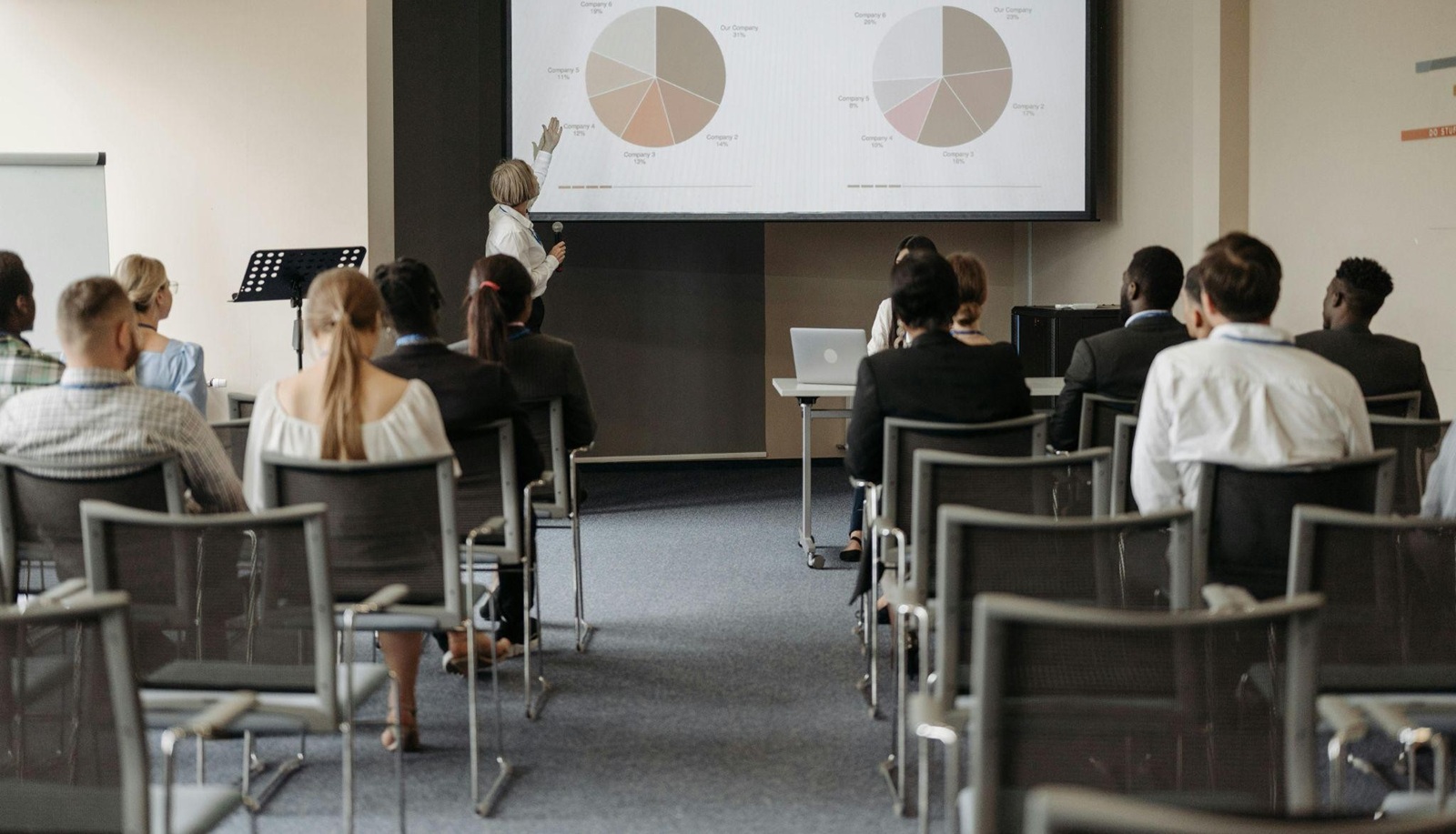Imagine sitting through a long seminar or workshop suffering from dry mouth and brain fog, unsure how you’re going to make it through another moment. You’re too uncomfortable to focus on the discussion, and if the problem goes on much longer, you risk needing medical attention. Now, imagine you’ve organized the workshop and you’re responsible for ensuring that everyone in attendance feels this way. Suddenly, it’s not just about productivity—it’s about liability, too.
Failing to plan when it comes to keeping people hydrated at a workshop or seminar is one of the worst mistakes you can make. Luckily, it’s also one of the easiest to avoid. You don’t need elaborate solutions or costly equipment. A few intentional decisions can make a significant difference in the comfort and performance of everyone in the room. Here’s what you need to know.
Hydration and Mental Performance
It’s no secret that hydration has a role in one’s mental performance. Dehydration causes fatigue and sluggishness, as well as a variety of other unpleasant symptoms. This is because your brain relies on water to function.
Without it, cognitive tasks become more challenging, reaction times slow, and mental clarity declines. Even mild dehydration can cause concentration to wane, headaches to develop, and your mood to dip. For speakers or facilitators, this can be just as disruptive as it is for attendees.
Combine this with the tendency at workshops and seminars to opt for coffee over water and enjoy only infrequent breaks, and it’s a recipe for disaster. People often underestimate the impact of dehydration on performance, especially in indoor settings with dry air or limited ventilation.
Keeping event attendees hydrated offers a variety of benefits, including:
- Improved memory retention, which is ideal for note-taking and learning
- Sustained attention span and reduced fatigue
- Enhanced mood and engagement
- Better decision-making during group discussions or exercises
Hydration also helps reduce the number of people needing to step out for headaches, dizziness, or rest, which means more consistent participation and fewer interruptions.
Challenges of Keeping Event Attendees Hydrated
Understanding the importance of keeping hydrated at events is only one part of the equation. Unless you take steps to prevent dehydration, all of the knowledge in the world about hydration is useless.
Unfortunately, maintaining hydration during workshops and seminars is more challenging than it is on an average day.
There’s often limited access to only poor-quality water. The venue might have one or two drinking fountains tucked away in corners or offer nothing more than overpriced bottled water. Leaving a session to refill a water bottle causes you to miss important information. That’s especially frustrating during fast-paced sessions where every slide or example matters.
Some people don’t even think about drinking until they feel thirsty, which means their bodies are well into the dehydration stage. And all too often, sodas, coffees, and energy drinks are offered to attendees, tempting them more than low-quality drinking fountain water.
How do you remedy this?
Solutions That Work
One of the best options available for keeping people hydrated at seminars and workshops is a portable hydration station.
Portable hydration stations like those offered by Quench Buggy make it easy for attendees to access clean, refreshing water without leaving the event space. These stations reduce reliance on single-use plastics and encourage sustainable habits. They also help keep participants alert, focused, and comfortable throughout long sessions.
Additionally, because the water is visible, accessible, and of high quality, people are far more likely to drink it without needing reminders.
Additionally, event organizers can promote the benefits of staying hydrated during seminars and workshops. For example:
- Encourage attendees to bring reusable water bottles or supply them with bottles at the beginning of the event
- Make sure water stations are near coffee and sodas, making it as easy as possible to choose water over less-hydrating beverages
- Schedule regular water breaks during sessions
- Support attendees in using apps or timers to remind them to drink water, or build “sip reminders” into the educational material
- Ensure that water stations are visible and easy to find
- Plan competitive challenges or rewards that recognize people for staying hydrated
These small but significant efforts show respect for your attendees’ well-being and create a more energized, productive learning environment overall.
If you’d like to learn more about Quench Buggy or are interested in purchasing or renting a portable water station for your next workshop or seminar, book a quick call or request a quote.

